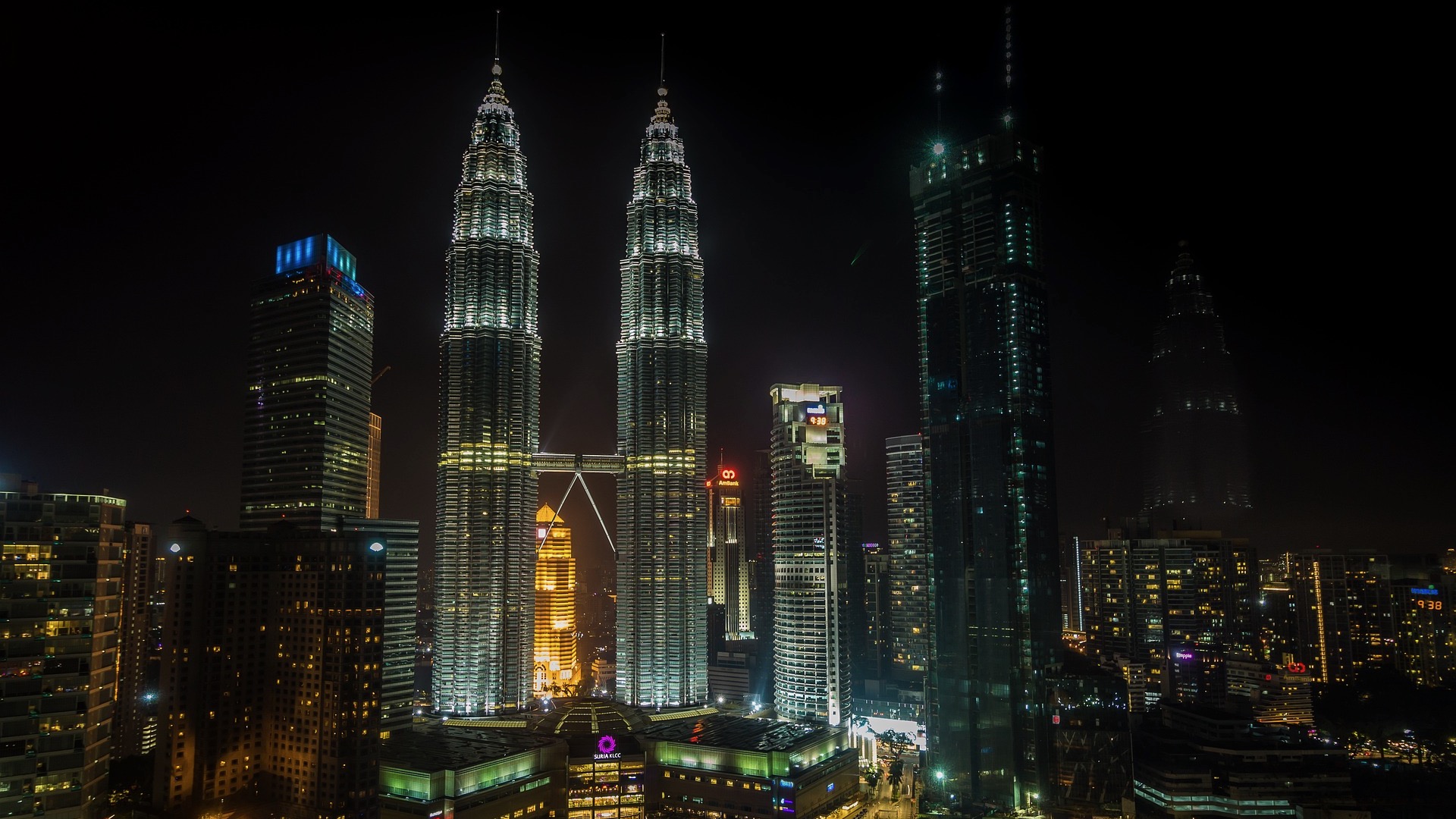Malaysia telcos call for a second 5G provider
There’s serious concern that a single state-run 5G network could hamper competition.

A week ago Malaysian state agency, Digital Nasional Berhad (DNB), announced it was offering free wholesale 5G services to mobile carriers during the country’s initial rollout, following concerns from operators over its pricing plans on the single wholesale network. Now, an exclusive Reuters report has revealed that the country’s major wireless carriers have recommended the government allow a second 5G service to be set up. The news is according to three sources and documents seen by Reuters, ahead of the cabinet decision on whether to go ahead with a plan for a single wholesale network.
Competition concern
The cabinet will make the decision of whether to allow multiple 5G providers by January 2022, following concern that a single state-run network could hamper competition, Communications and Multimedia Minister Annuar Musa said last week.
Back in November, Reuters reported an impasse between mobile operators and DNB, the state agency tasked with deploying 5G, over pricing and transparency issues. DNB still plans to launch its initial 5G rollout in three central areas today.
The Reuters report says their sources revealed that representatives from the country's six mobile operators met with ministry officials on Monday, where they proposed ways to the deadlock and their ideas for deploying 5G. The report also says that the parties involved, including two telecoms company officials, requested anonymity as the discussions were private.
Two wholesale 5G networks
The Reuters’ sources said that operators Axiata Group's Celcom, DiGi.com, Maxis and U Mobile recommended that the government allow two wholesale 5G networks, with each to be built and operated by a consortium of carriers.
“Security of dual competing networks going forward” Reuters’ source.
Reuters’ source.
Furthermore, Reuters reported that they had seen a presentation where the operators proposed the consortia commence the two networks in parallel next year and separate them from 2023: "giving Malaysia fast initial deployment and then the security of dual competing networks going forward". The two organisations will make use of existing telco assets to "coordinate rollout and collaborate in the first 12-18 months to achieve faster rollout of 5G across Malaysia than any one party", the slides showed.
It was also said by the sources that the carriers would also be open to proposals that would allow them to own equity in DNB and asked for greater inclusion in the government's rollout plans. "We hope there will be continued consultation on the matter, given the deep implications for the country's digital economy ambitions," one of the sources said.
Get up to speed with 5G, and discover the latest deals, news, and insight!
Free 5G services
Back in February the Malaysian government ditched a plan to apportion spectrum to carriers, opting instead for a single shared network in a bid to reduce costs, improve efficiency, and accelerate infrastructure build-up. DNB has said it will cost operators less to access its 5G network than the cost they incurred for 4G. They have also offered free 5G services to carriers until March 31, when it aims to finalise long-term wholesale agreements with operators.
- Why 5G small cells are vital for mmWave 5G
- Get updates on the hottest 5G stocks
- Discover the truth behind 5G dangers
- 5G towers: everything you need to know
Rachael is a British journalist with 17 years experience in the publishing industry. Since launching www.digitalcameraworld.com, she’s been freelancing, and working for some of the world’s best-loved websites and magazines including T3.com and TechRadar.com and has also had a book, iPad for Photographers, published. A regular contributor at 5Gradar, Rachael is following the 5G market closely. Find out more at www.rachaelsharpe.com

